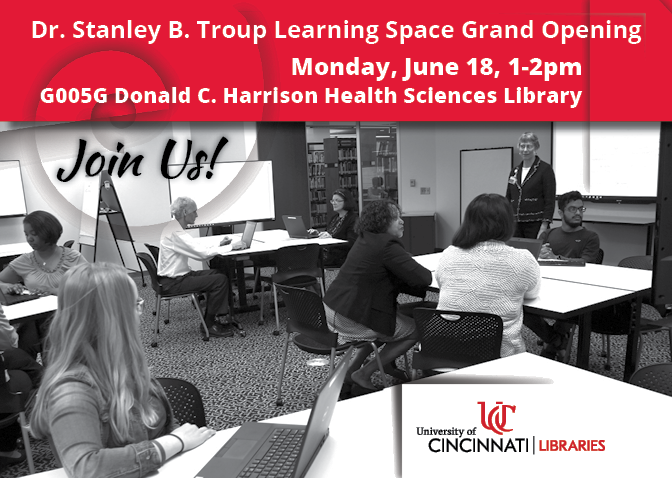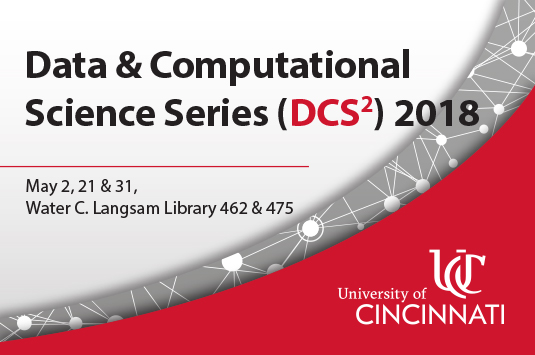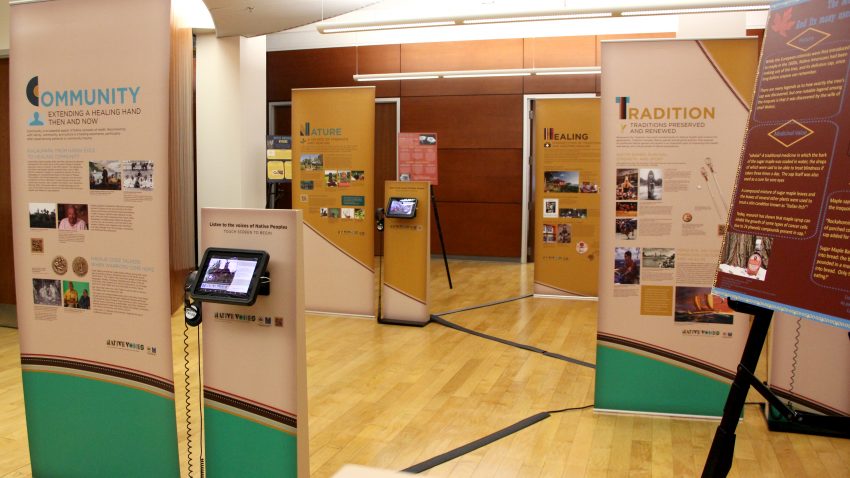 Native Voices: Native Peoples’ Concepts of Health and Illness, a traveling exhibition to U.S. libraries, is on display now through August 30 on the main level of the Donald C. Harrison Health Sciences Library.
Native Voices: Native Peoples’ Concepts of Health and Illness, a traveling exhibition to U.S. libraries, is on display now through August 30 on the main level of the Donald C. Harrison Health Sciences Library.
Native Voices explores the interconnectedness of wellness, illness and cultural life for Native Americans, Alaska Natives and Native Hawaiians. Stories drawn from both the past and present examine how health for Native People is tied to community, the land and spirit.
Through interviews that can be listened to via iPads located throughout the display, Native People describe the impact of epidemics, federal legislation, the loss of land and the inhibition of culture on the health of Native individuals and communities today.
Related Events
In association with the Native Voices exhibit, related events have been scheduled to explore the topic of Native Peoples’ Concepts of Health and Illness.
The first scheduled event is keynote speaker Suzanne L. Singer who will speak on Intersections of Energy and Wellness from 5-7:30 p.m., Thursday, July 26, in the CARE/Crawley Atrium (Medical Sciences Building, 231 Albert Sabin Way).
Throughout August, lectures that cover such topics as “The Contribution of Native Voices to Medicine through Botany,” “Breaking Bread: A Perspective of Fry Bread and Native Health” and “Preventing Tuberculosis while Regulating Indigenous Bodies” have been scheduled in the Stanley J. Lucas, MD, Board Room, E level of the Medical Sciences Building near the Kresge Circle.
A full schedule of events is listed online.
The U.S. National Library of Medicine (NLM) developed and produced Native Voices: Native Peoples’ Concepts of Health and Illness. The American Library Association (ALA) Public Programs Office, in partnership with NLM, tours the exhibition to America’s libraries. Native Voices: Native Peoples’ Concepts of Health and Illness was displayed at the NLM in Bethesda, Maryland, from 2011 to 2015. To learn more and view content from the exhibition, visit http://www.nlm.nih.gov/nativevoices.
~~~~~~~~~~~~~~~~~~~~~~~~~~~~~~~~~~~~~~~~~~~~~~~~~~~~
And don’t miss the exhibit “The Kretschmer Collection of Native American Children’s Literature donated by Drs. Richard and Laura Kretschmer” on display on the 4th floor lobby of the Walter C. Langsam Library. The exhibit features children’s books with Native American themes, written and illustrated by Native Americans and donated by Drs. Richard and Laura Kretschmer and housed in the College of Education, Criminal Justice and Human Services Library.

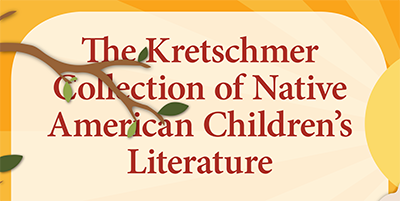 On display in the 4th floor lobby of the Walter C. Langsam Library, the exhibit “The Kretschmer Collection of Native American Children’s Literature donated by Drs. Richard and Laura Kretschmer” features children’s books with Native American themes, written and illustrated by Native Americans. The books are part of a collection of over 275 books donated by Drs. Richard and Laura Kretschmer and housed in the
On display in the 4th floor lobby of the Walter C. Langsam Library, the exhibit “The Kretschmer Collection of Native American Children’s Literature donated by Drs. Richard and Laura Kretschmer” features children’s books with Native American themes, written and illustrated by Native Americans. The books are part of a collection of over 275 books donated by Drs. Richard and Laura Kretschmer and housed in the 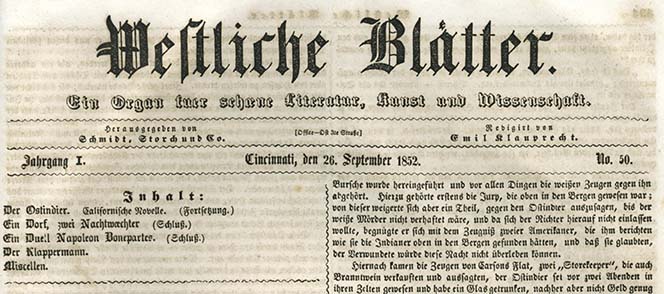
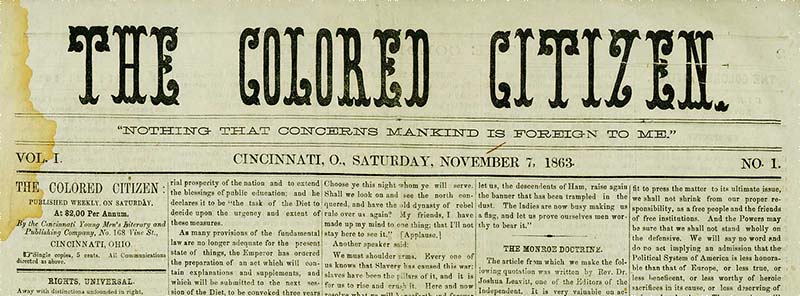
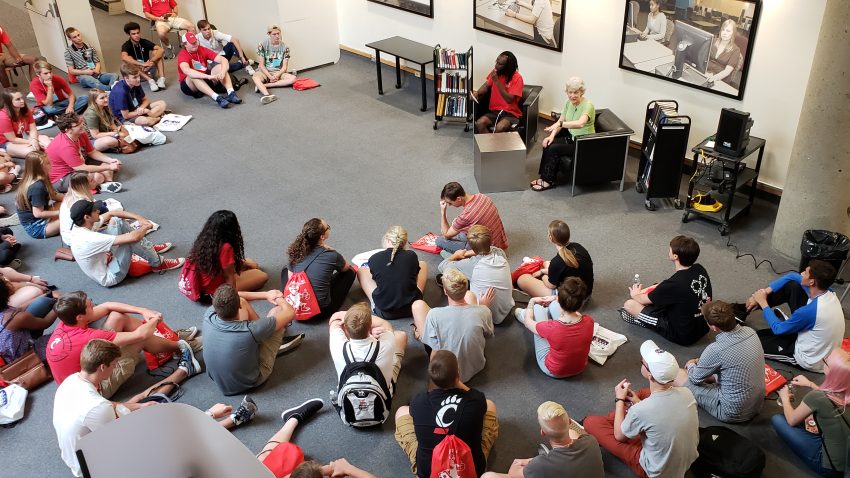
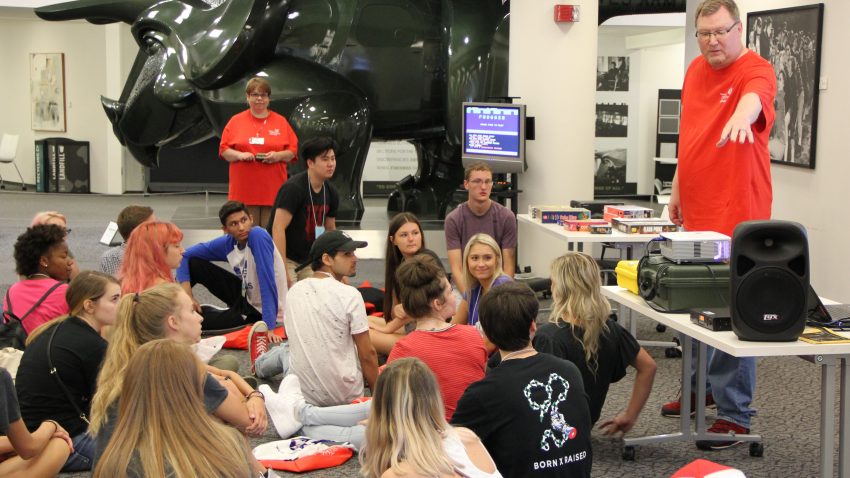
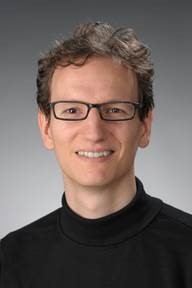 UC Libraries and IT@UC Research & Development and are pleased to announce the Data & Computational Science Series (DCS2) 2018, a speaker series supported by a Universal Provider award from UC’s Office of the Provost for faculty development.
UC Libraries and IT@UC Research & Development and are pleased to announce the Data & Computational Science Series (DCS2) 2018, a speaker series supported by a Universal Provider award from UC’s Office of the Provost for faculty development.
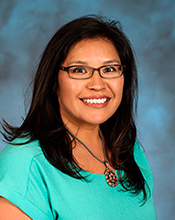
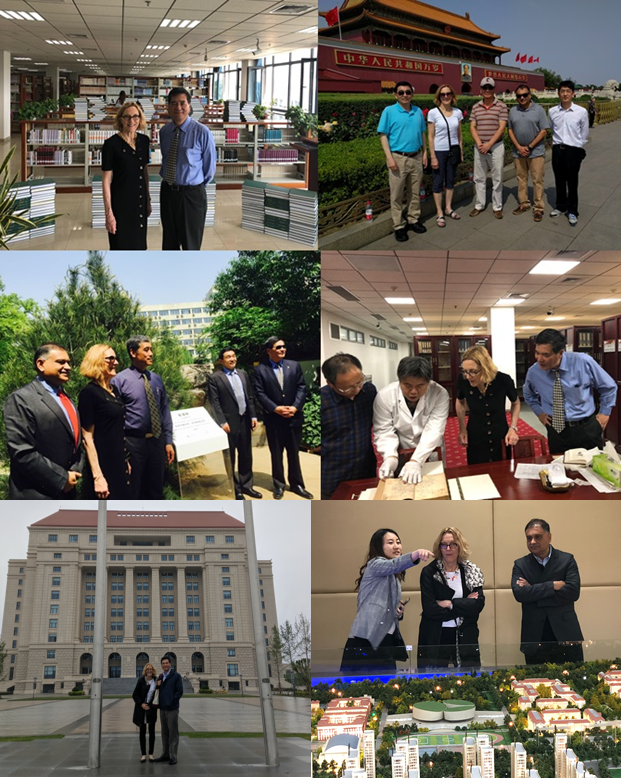
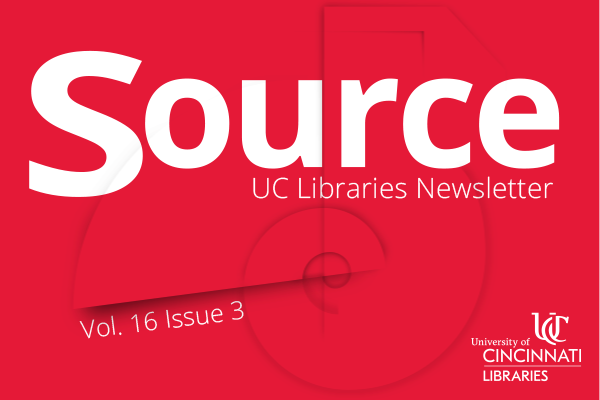 Read Source, the online newsletter, to learn more about the news, events, people and happenings in UC Libraries.
Read Source, the online newsletter, to learn more about the news, events, people and happenings in UC Libraries.